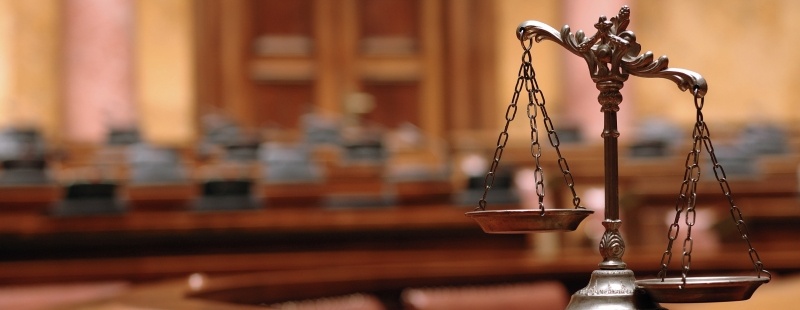On the 30th July 2018, the Supreme Court took a major decision ruling that families and medical professionals no longer need judicial approval before withdrawing life sustaining treatment from a patient in a vegetative state, so long as the decision is agreed by the family and the doctors.
Background to the case
Patients whom are in a 'vegetative state', living either in a long-term state of unconsciousness or minimal consciousness, are sometimes treated with clinically assisted nutrition and hydration supplements ("CANH") to keep them alive. Prior to this case, a court order has been required before these treatments could be withdrawn in every case, even if everyone agreed it was the best course of action. This meant the families and medical professionals could not make this decision without judicial approval, which caused stress and expense and elongating the pain and upset endured by those affected.
This can be a significant burden and agonising process on all involved as court proceedings often taking many months or years. This not only costs Local Authorities considerable amounts if appeals need to be filed but also elongates the pain and upset endured by those affected.
Facts of the case
The case concerned a 52-year-old identified as Mr Y. Mr Y suffered a cardiac arrest due to coronary artery disease which left him in a prolonged disorder of consciousness.
It was agreed by experts that it was highly unlikely that Mr Y would ever regain consciousness and if he ever did, he would suffer from profound disabilities, relying heavily on others.
Mr Y had not, prior to his condition, made any decisions regarding refusal of treatment however his family firmly believed he would not want to be kept alive given the negative outlook and prognosis of his condition.
Both Mr Y's family and his medical team agreed that it would be best to remove the hydration and nutritional aid which was currently keeping him alive in the vegetative state, to allow Mr Y to die naturally within two to three weeks. Due to the unclear legal position however, the doctors and Mr Y's family were not permitted legally to make this decision without confirmation from the court.
The decision
On 30th July 2018, the Supreme Court upheld the decision of the High Court that, if the families and medical team are in agreement, and it is in the best interests of the patient, food and water treatments can be withdrawn from a patient in a vegetative state without the approval of the Court of Protection.
Supreme Court Judge Lady Black held that, the requirement of an agreement to be made between the doctors and the families was a sufficient safeguard to maintain public confidence.
Results of the decision
This landmark judgement has clarified this area of law and will hold a significant impact on the estimated 24,000 people currently in the UK who are in a prolonged vegetative or a minimally conscious state.
This decision is likely to divide opinion and could raise substantial ethical and religious questions. Supporters of the decision may argue that the judgement was compassionate and humane, allowing the patient to pass with dignity and preventing the elongation of suffering and pain for all. The charity 'Compassion in Dying' believes the decision provided 'those closest to a person…to feel supported and empowered to make the right decision for the person'.
However, Dr Peter Saunders, the Director of anti-assisted dying group 'Care Not Killing' expressed his concern and disappointment for this Supreme Court ruling, arguing it removed that 'additional layer' of protection and could force a decision to be made 'for the wrong reasons'.
Despite the Supreme Court ruling that court proceedings are not required when an undisputed agreement has been made, the Judges stressed that if there any 'differences of view' at all between the families and medical professionals, an application to the Court of Protection should still be made, as the Court of Protection will still be able to consider the evidence and aid the decision process by looking independently at the best interests of the patient.
The case of Mr Y stresses the importance of having a Lasting Power of Attorney for Health and Welfare setting out your views. The problem for Mr Y's family and doctors was that, when he was in good health, Mr Y never documented his wishes regarding what he would want if this situation were to occur. If Mr Y had appointed a Lasting Power of Attorney for Health & Welfare, he would have nominated the power of making those important decisions concerning life sustaining treatment to a loved one, on his behalf. This would have meant that Mr Y's family, who felt they understood exactly what Mr Y would have wanted, could have acted on those wishes a lot sooner and with more authority, perhaps avoiding the need for a court hearing altogether.
To find out more or discuss your individual requirements in further detail, our dedicated Private Client lawyers are available to help. Contact us today on 01603 693500 or email us using the 'Make an enquiry' form. Appointments available at our Norwich, North Walsham and Sheringham offices.
*This article is provided for general information purposes only and does not constitute legal advice or other professional advice.
